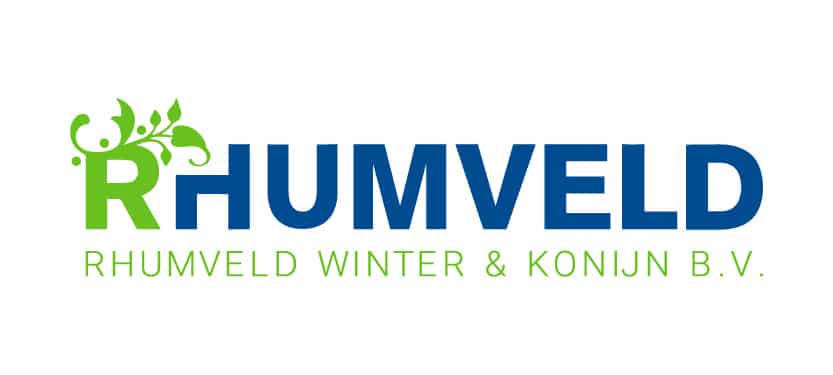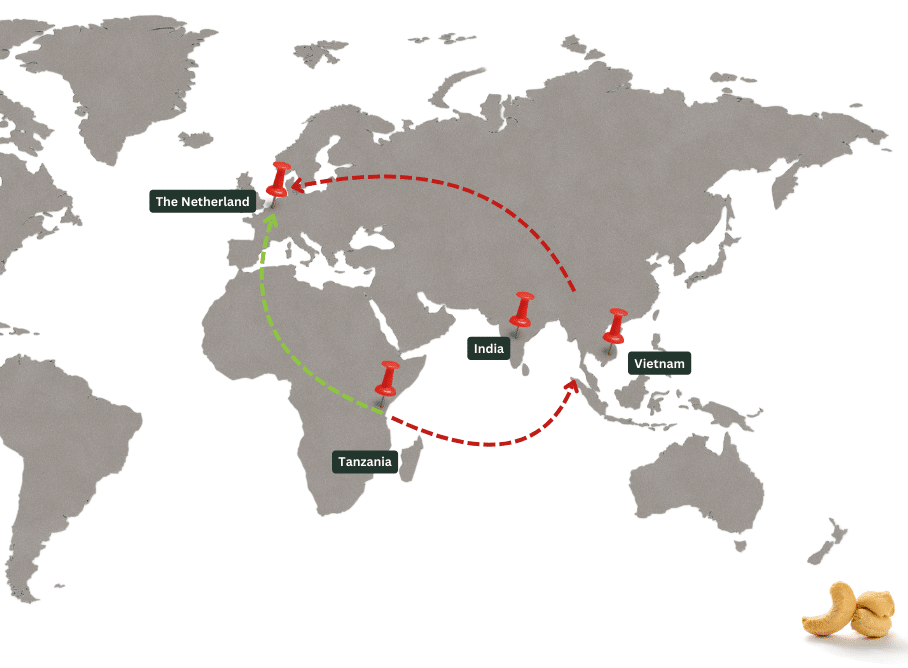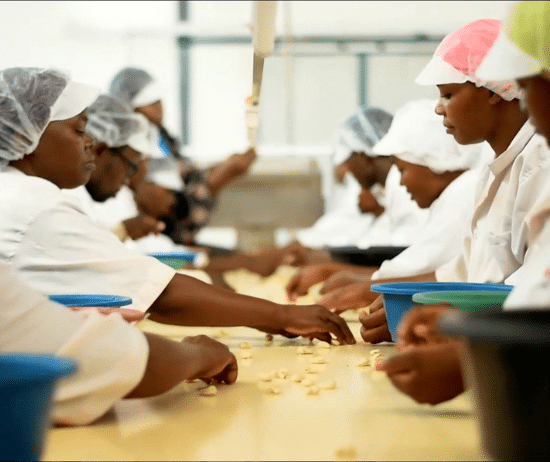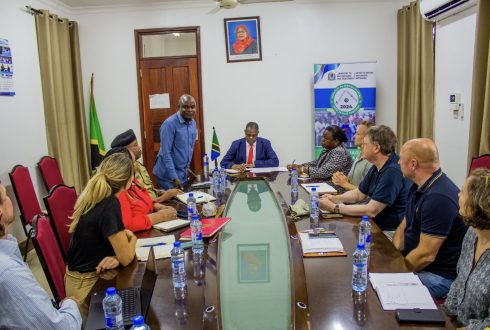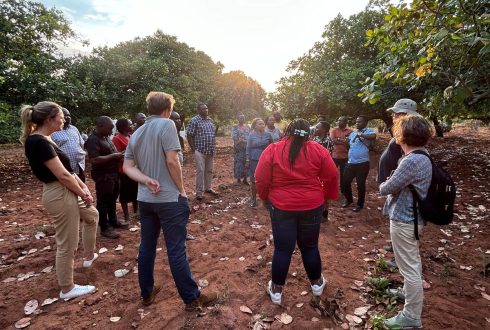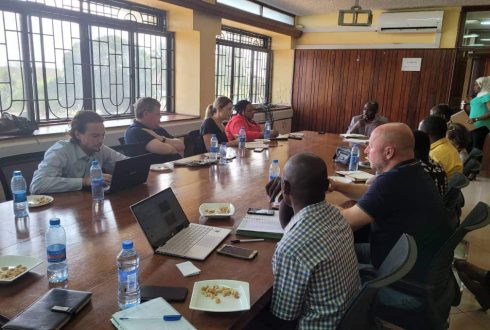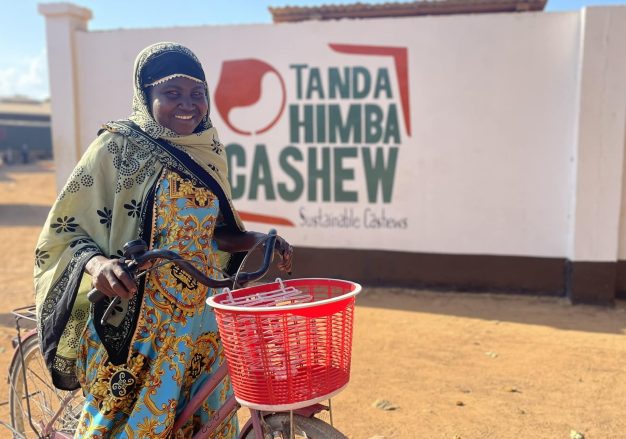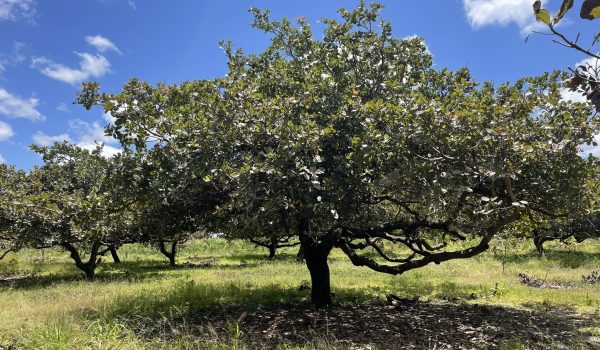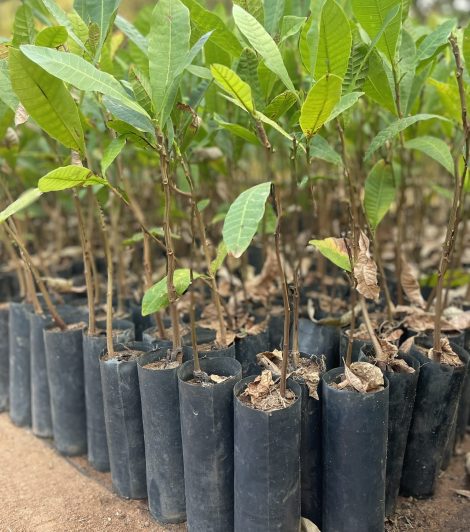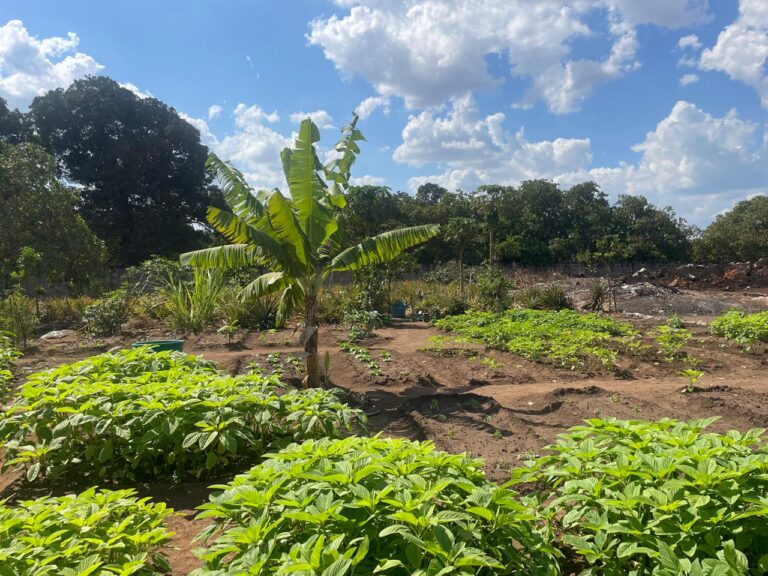Finding fresh food is difficult, as there are no supermarkets or markets nearby in that region of Tanzania. At Amama Farms, part of the factory land has become a vegetable garden, cared for by the workers.
The garden grows spinach, okra, kale, African eggplant, mangoes, bananas, and pineapples. Workers share the harvest, adding fresh vegetables to their meals at least twice a week. As the garden expands, this will increase to four days a week, making healthy food more available.
More than just fresh veggies, the garden reflects teamwork, perseverance, and a shared goal. It benefits both body and community, creating a healthier, stronger workforce.
